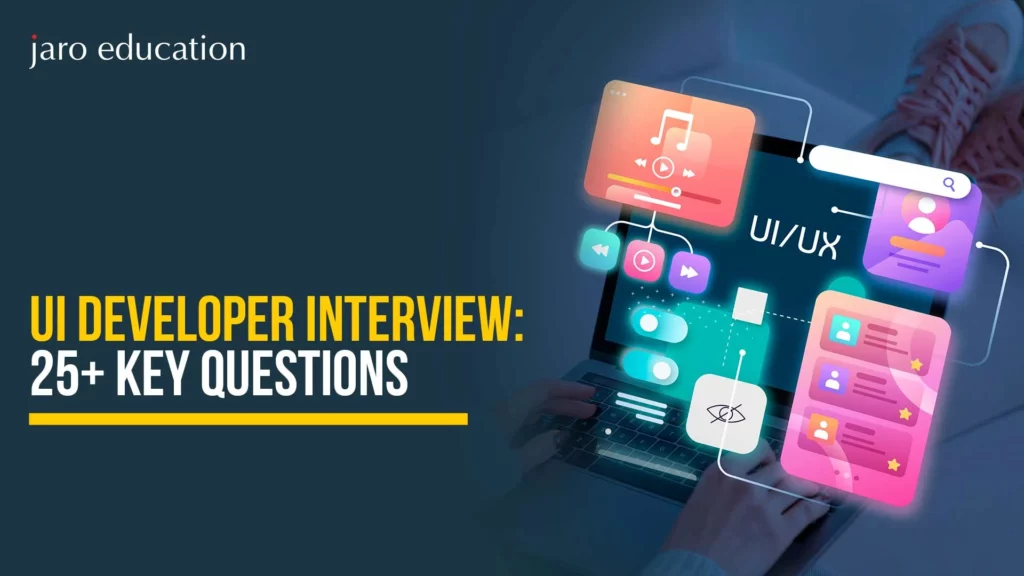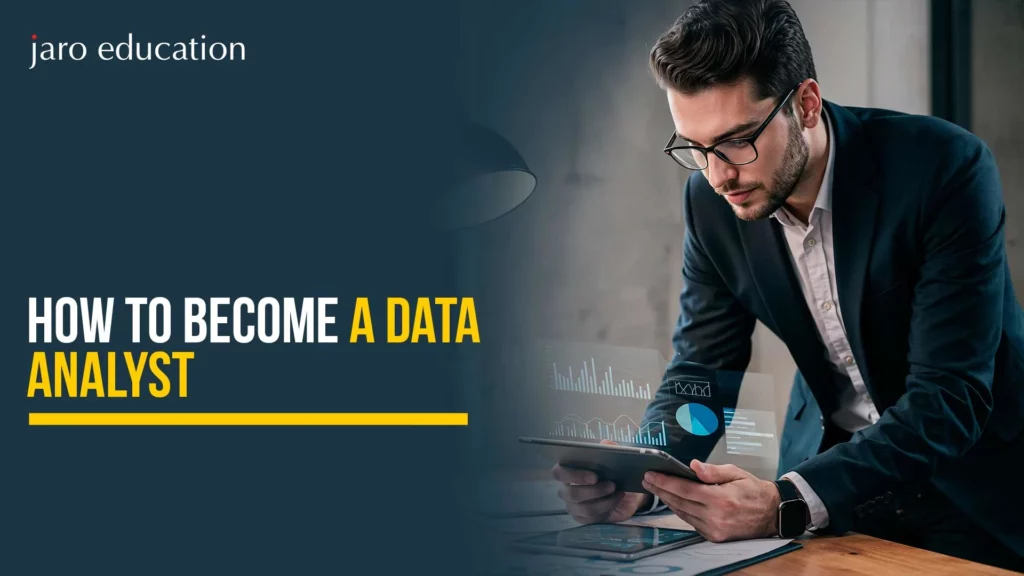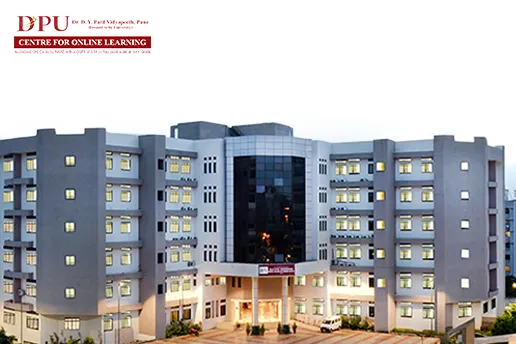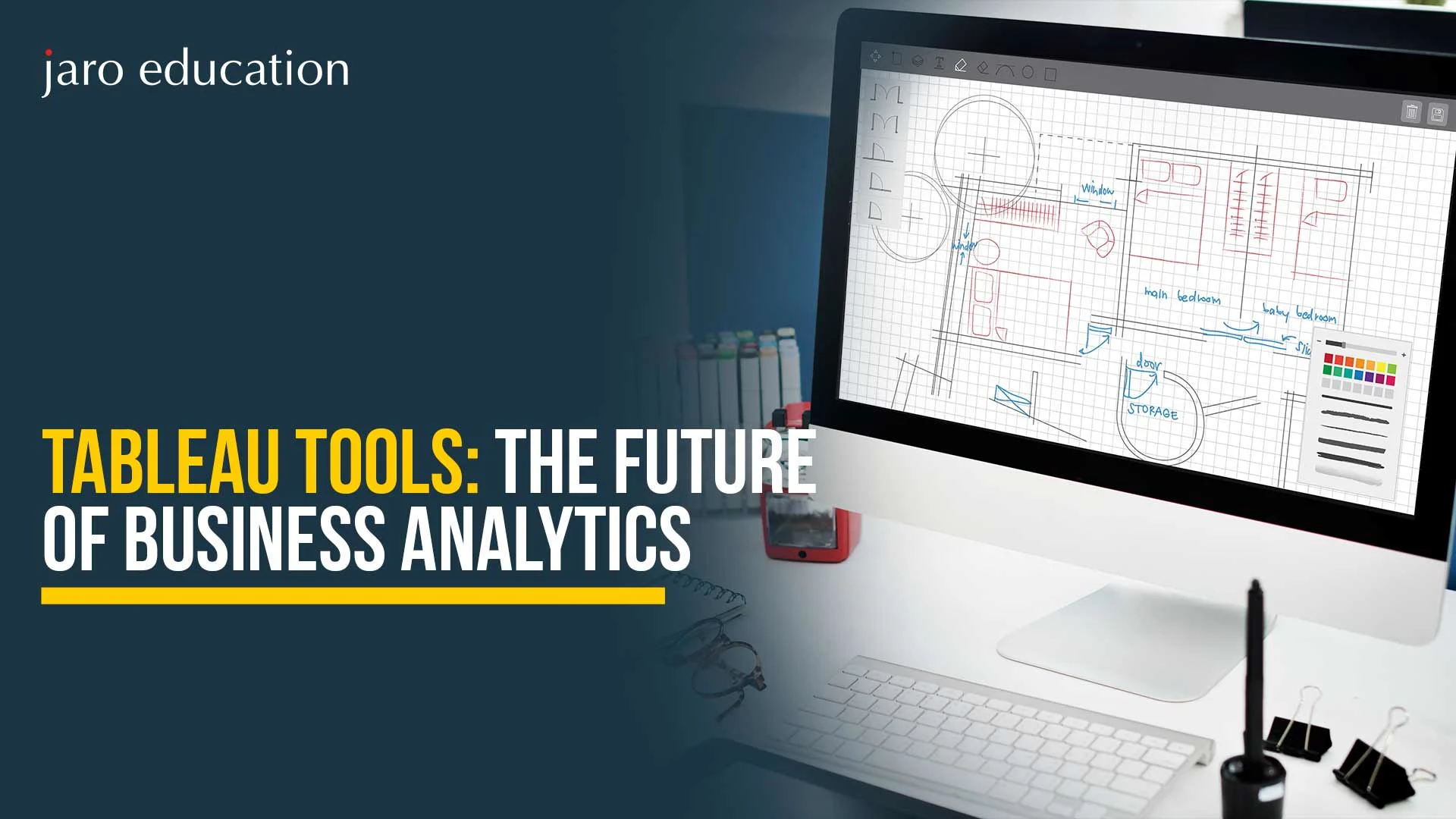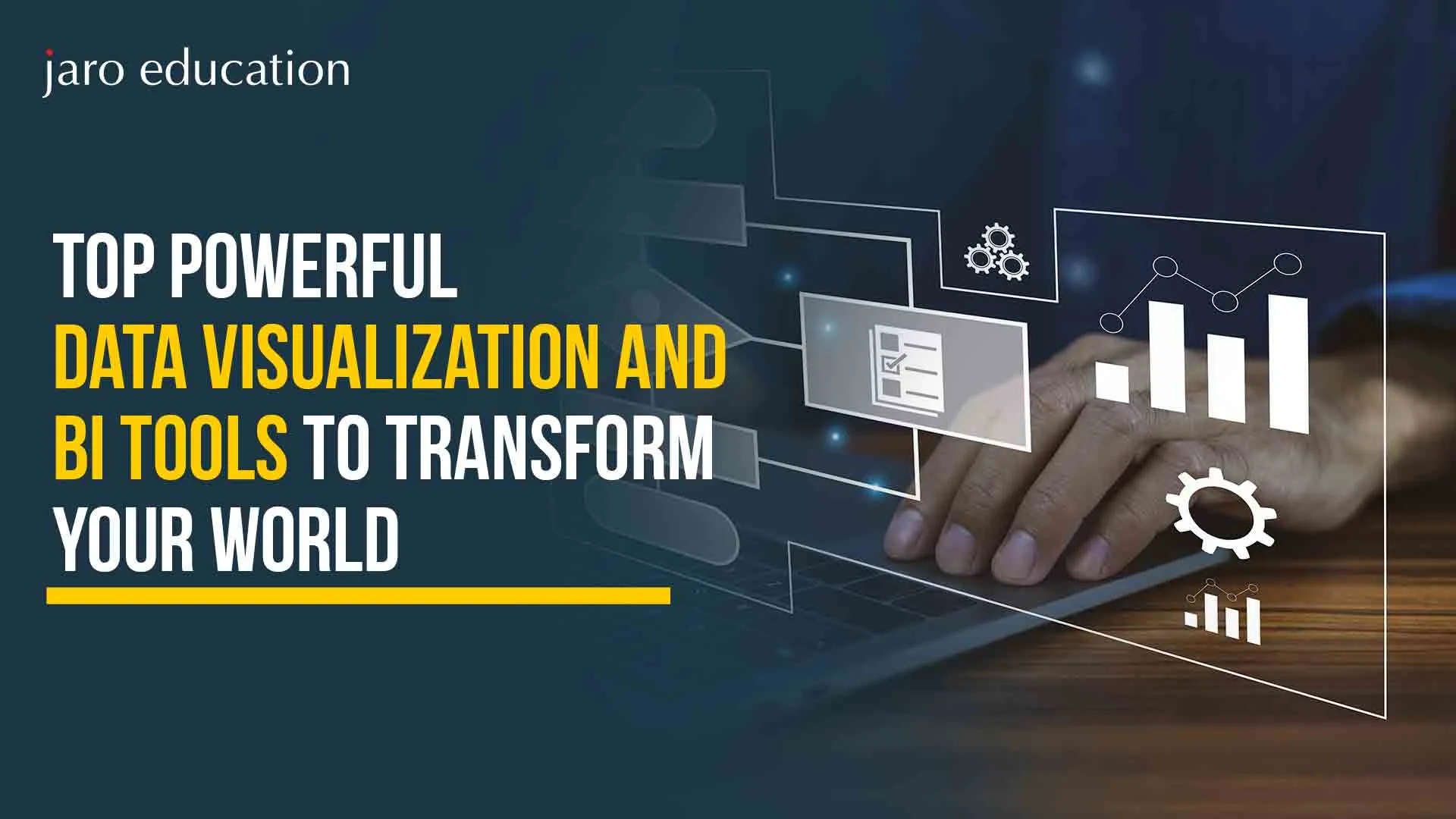6 Essential Skills and Career Pathways for Blockchain Developers
Table of Contents
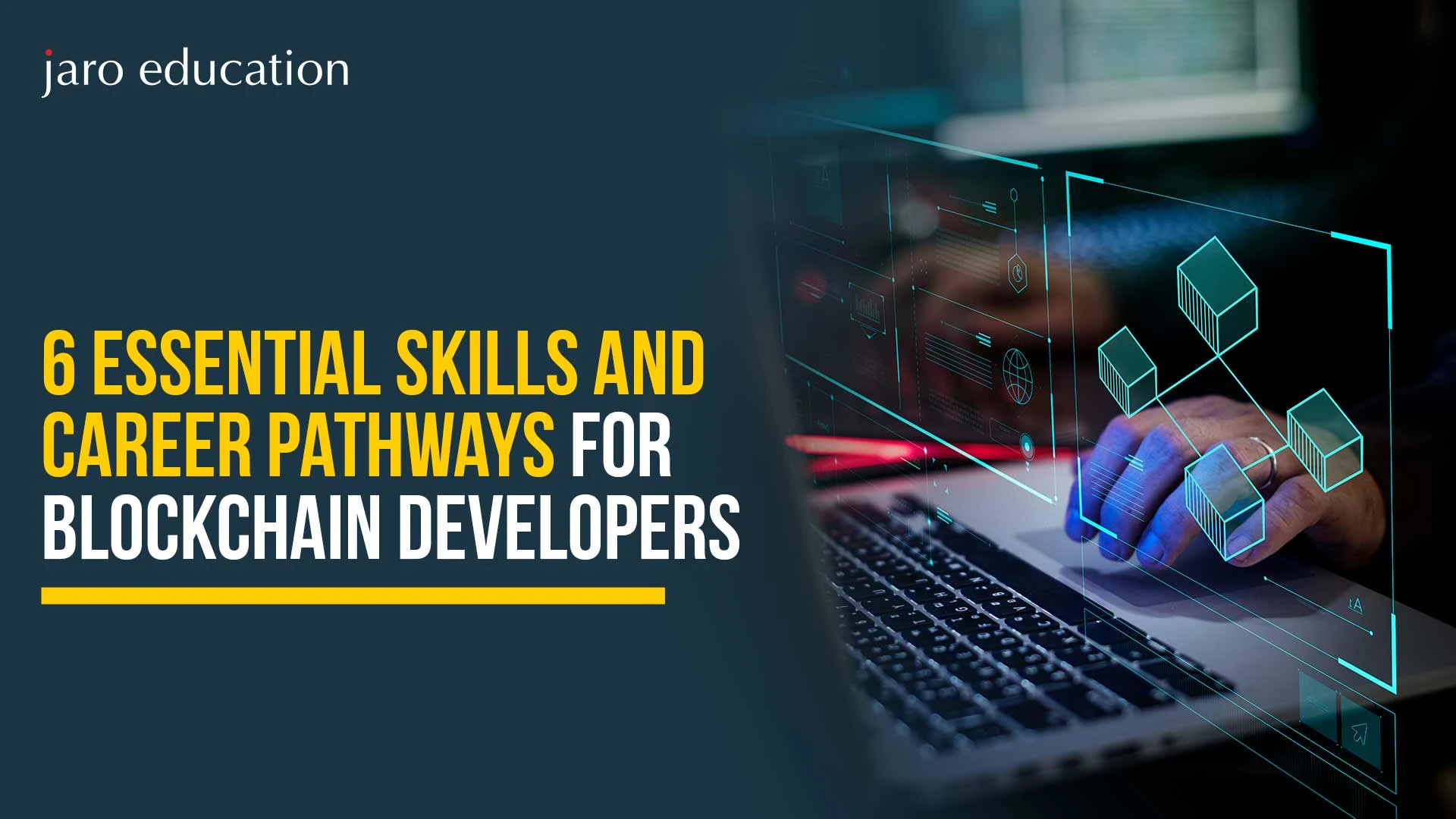
It’s highly likely that you might have become familiar with blockchain thanks to the buzz of crypto all around. But it is no longer limited to crypto only. It has caused a shift in digital systems. As the industries adopt it for security, speed and transparency, the requirement for developers with the right skills grows. So if you are someone who is exploring future ready career options related to blockchain, you are on the right blog.
Why Blockchain Developers Are in Deman
Blockchain is the technology that powers smart contracts, secure data sharing, and even voting systems. From banking and supply chain to healthcare and logistics, industries are hiring blockchain developers to create secure, decentralized apps.
As India is happily embracing the digital transformation, it is normal that the need for skilled blockchain developers who understand its architecture is rising. If you’re a mid-career professional looking to upgrade your blockchain developer skills or shift to a high-demand tech role, enrolling in a blockchain developer course could be your next step.
6 Must-Have Blockchain Developer Skills
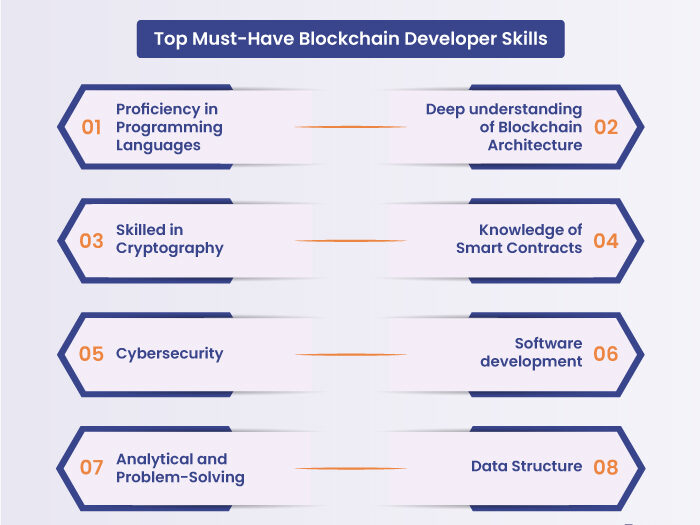
*goodfirms.co
It is preferred for a blockchain developer to have a certain skill set by various industries. The more skills and experience you have, the more better it is. Here are few of the skills that are a must if you are willing to be a blockchain developer:
1. Programming Languages
Like you need to learn the alphabet to communicate in a language that is required to build blockchain applications. Means every blockchain developer needs to understand at least one programming language since most blockchain platforms use specific languages.
The basic programming languages like Python or JavaScript can also help you get started. You don’t need to master them all at once. All you need to do is to pick one, learn its basics and focus on how you use it in blockchain.
For example Solidity is great for writing smart contracts while Python is often used for scripting or testing. Learning languages can help you create the logic behind apps, automate tasks and build secure systems. If you’re already from a tech background, building on your current language skills can make the process even more easier.
2. Smart Contracts
The word contracts might make you think of lawyers but relax there are no lawyers, no paperwork, just code. Smart contracts are what you can assume as digital agreements that run themselves when certain rules are met.
They’re used in payments, games, loans, and more. A blockchain developer should know how to create these contracts using tools like Solidity. The goal isn’t just writing code, but writing clean, safe code that does what it’s meant to do and avoids bugs.
That’s important because even small errors in a smart contract can’t be easily fixed once it’s live. The key here is to build things that work automatically and safely.
Blockchain developer courses usually teach you how to build, test, and test smart contracts step by step, making it easier even if you’re new to the concept.
3. Organizing and Handling Data
Blockchains are all about recording information. So knowing how to handle that data is important. This means understanding simple things like how to store, sort and verify information properly.
As a blockchain developer, you don’t need to dive deep into theory. You just need to know how to keep things clean and organized so your app runs smoothly. The better your app handles data, the faster and more reliable it will be for users.
4.Cryptography Basics
The main reason why blockchain is trusted is because of the security it provides. That security comes from cryptography. As a blockchain developer, you need to use it to protect user data, make sure no one cheats the system and help users stay anonymous when needed.
Most blockchain developer courses explain the cryptography basics in simple terms and teach you how to use cryptography tools safely and effectively. It’s one of those skills where knowing the basics takes you a long way.
5. Understanding Blockchain Networks
A blockchain consists of a group of computers that work together to keep data safe and in sync. As a blockchain developer, you must know how this system works, what keeps it running smoothly and how your apps connect with it.
When someone adds new data the whole network must agree that the data is valid. Different blockchains use different methods to validate this. For example, Bitcoin uses a method called Proof of Work, while others use Proof of Stake.
So, you must know how these parts work and interact to help build apps that can run smoothly, securely and as part of a blockchain. Basically, you don’t need to master the deep theory but you should understand how blockchains maintain trust and what role your app plays in that larger network.
6. Connecting Apps to the Blockchain (Web3)
Simple and easy to use is the trend today. Users no longer want to deal with complex code; they want apps that just work. Web3 tools can help your blockchain app connect to simple websites or mobile apps that users can interact with easily. For example, when you create a crypto wallet app you will need to work with Web3 tools to see how users will be able to check balances or send money.
As a blockchain developer, this is where you turn your code into real, usable products. It’s one of the most rewarding skills to learn from a blockchain developer course because it helps you see your work come to life.
Career Options Available For Blockchain Developers
| Role | Description |
| Blockchain Developer | If you’re someone who enjoys working with the foundation of things this role is for you. You’ll build the main systems behind blockchain networks by writing the rules and setting up how everything connects. Great for those who like backend development and system design. |
| Smart Contract Developer | If you enjoy getting the logic right this is your space. You get to write smart contracts that run on the blockchain. All they need to be is clean, secure and bug free. |
| Blockchain Solution Architect | This role is more about planning and structure. You’ll design full systems that companies can use. If you like solving big problems and mapping out how tech fits business this might be your calling. |
| Blockchain Project Manager | Not into coding all day? You can still work in blockchain. Project managers coordinate teams, keep things on track and make sure all the goals are met. |
| Blockchain Analyst | This one’s for data lovers. You’ll track what’s happening on the blockchain, what users are doing, how apps are performing and what can be improved. If you enjoy research and insights it is a great role to take up. |
| Blockchain UX Designer | Blockchain tech can be confusing for users. That’s where UX designers come in. If you have a creative mind and want to make tech more human, it’s a good fit. |
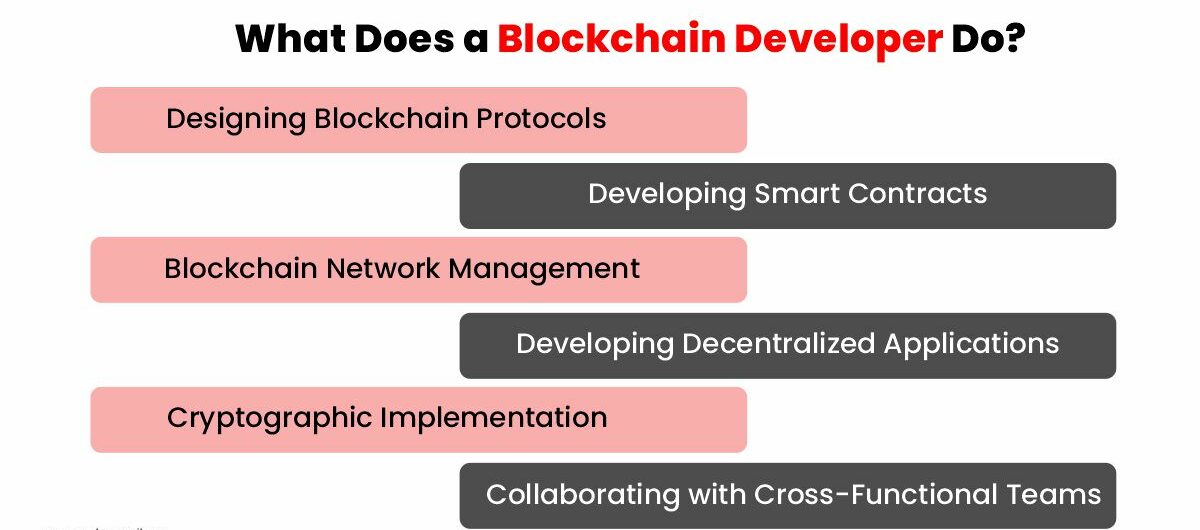
*gsdcouncil.org
Blockchain Developer Salary in India
Another important aspect of deciding on a career path is knowing the blockchain developer salary in India. As the demand for developers is high, so is the remuneration for it. Here is a rough breakdown of how much the blockchain developers earn in India:
| Experience Level | Average Salary (INR) |
| Entry-level (0–2 yrs) | ₹5–7 LPA |
| Mid-level (3–5 yrs) | ₹12–20 LPA |
| Senior (5+ yrs) | ₹25–45 LPA |
The other factors that significantly impact the blockchain developers’ salary in India are
- Where you are working. The salary offered for tier 2 cities and tier 1 cities would be different
- Which industry you are working in. The finance industry is expected to pay more.
- How much experience you have. More experience means higher proficiency and higher salary.
Choosing the Right Blockchain Developer Course
If you’re serious about becoming a blockchain developer opting for a structured blockchain developer course can save you time and effort. Here’s what you should look for before joining the course:
- Make sure that the curriculum of course is updated to the latest industry standards and future-ready.
- Choose a course that provides hand on training and project experience not just theoretical knowledge.
- Always pick the course that comes with certification as it adds to your resume.
- Get a course that provides mentor support to learn better.
- Look for a blockchain developer course that also helps you in placement later.
Conclusion
Finding a career as a blockchain developer isn’t as complicated as it seems. With blockchain gaining real-world traction across finance, supply chains and government services there’s growing demand for blockchain developers who can build smart and secure applications.
If you’re curious, motivated and ready to build skills that actually matter, now is the right time to step in. The field needs people who can code, solve problems and understand how to make blockchain useful, not just trendy.
To support your journey, we at Jaro Education offer you practical courses that bring you closer to your goals. With programs like the IIM Visakhapatnam’s Post Graduate Certificate Program in Blockchain Technologies and FinTech, you get structured learning that meets real industry expectations.
So if you’re looking to grow in tech or switch to a career that’s built for the future now is the time to be taking your step.
Frequently Asked Questions
Is blockchain development hard to learn?
Blockchain development might feel challenging as it needs you to learn programming, cryptography and system design. However with regular practice and a good blockchain developer course you can learn it easily.
Do I need to know coding to become a blockchain developer?
Yes it is important to know coding. To be a blockchain developer you need to know at least one programming language (like JavaScript or Python). Also knowing solidity is a must for smart contract development.
What industries hire blockchain developers in India?
There are many industries that have positions for blockchain developers for example Finance (especially DeFi), healthcare, logistics, supply chain and government agencies are actively hiring blockchain professionals.
How long does it take to become a blockchain developer?
With consistent effort you can surely become job-ready as a blockchain developer in 6–9 months through a focused online blockchain developer course.
What’s the future of blockchain jobs in India?
With government and private sector interest growing blockchain jobs are expected to rise 30–40% year-over-year especially in industries like fintech and cybersecurity.






